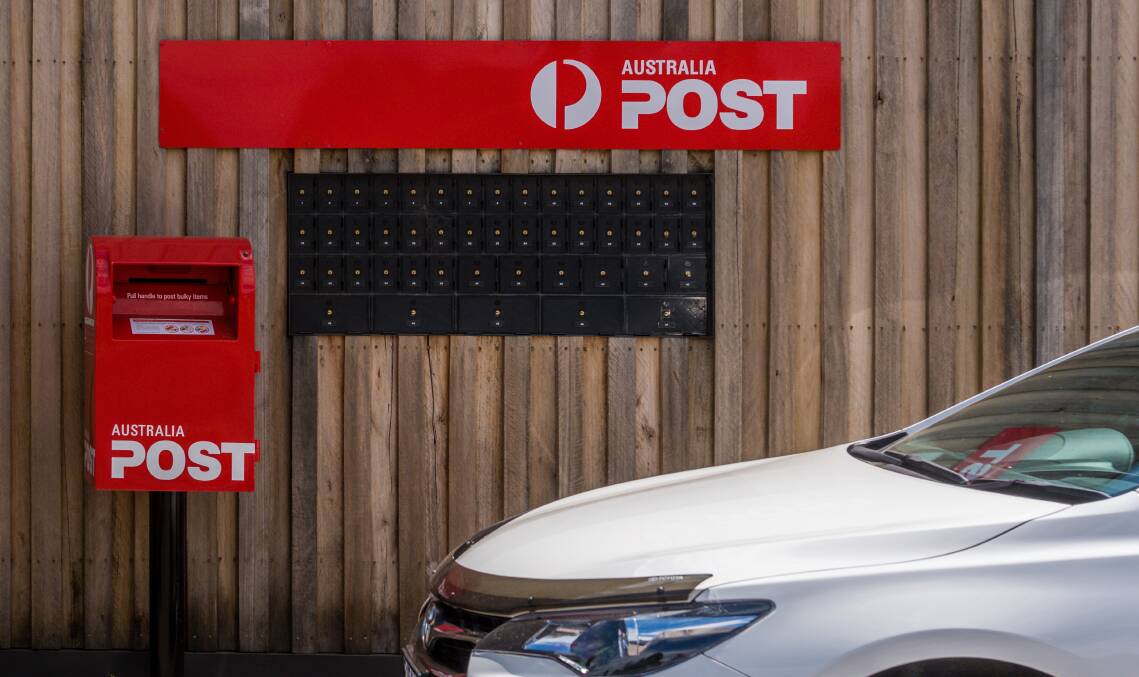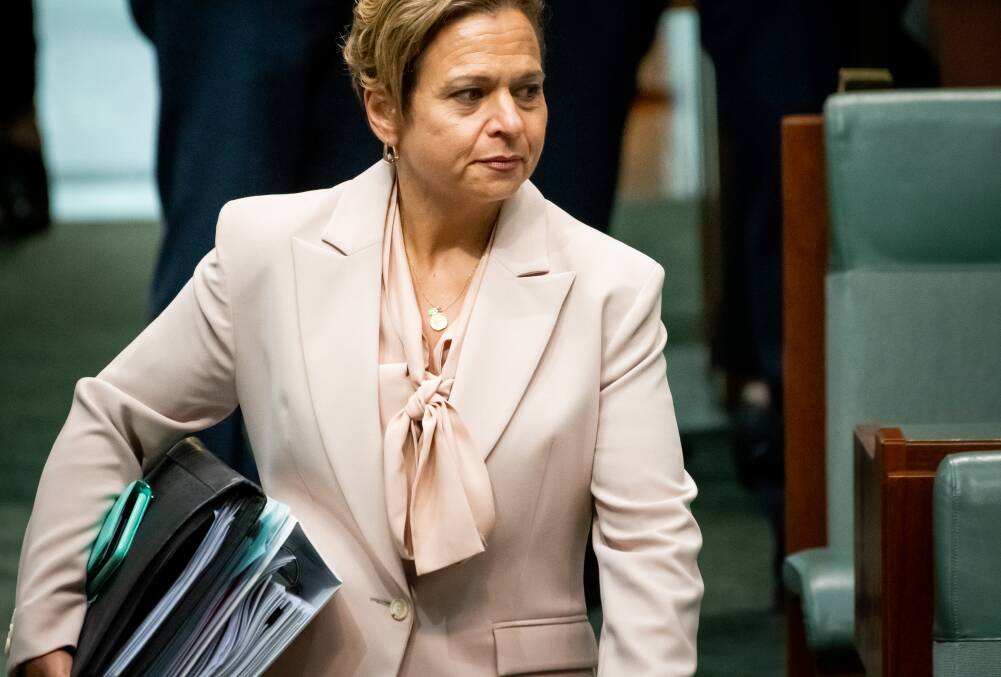
We are not sending letters as often as we used to, but the legislative demand to deliver them daily is now up for discussion, with financially struggling Australia Post saying the status quo for services is "no longer an option."
The Albanese government is undertaking public consultation as it sets the government-owned enterprise, which admits it is at a "crossroads", on a modernisation path. Releasing a discussion paper on Thursday, the government insists it wants to be particularly mindful of the concerns of rural and regional Australia, as well as small businesses.
It also wants to support Australia Post's long-term financial sustainability amid growing digitisation.
Last month, Australia Post announced it made a half yearly profit before tax of just $23.6 million and it is now tracking to post a full financial year loss in 2022-23, the first annual loss since 2015.
Australia Post has already declared letters are in an "unstoppable decline" and has previously questioned its legislative requirement for daily letter deliveries, while the government is flagging what it calls "balanced changes" to ensure postal services meet current and future community needs.
"Australia Post has been a constant driver of economic activity for businesses and consumers across Australia," Finance Minister Katy Gallagher said in a statement.
"The government is committed to ensuring that Australia Post continues to modernise to ensure that it is financially sustainable and continues to provide employment opportunities and deliver essential services to all Australians, particularly in regional, rural and remote Australia."
Raising stamp prices for letters from $1.10 to $1.20 has done little to help Australia Post's financial position. Letters are continuing to decline, while a pandemic boost to parcels business has fallen off.
"We are at a crossroads and the headwinds facing our business have never been stronger,' Australia Post's chief executive Paul Graham said in February.
He said Australia Post has been urging examination of the possible end of required daily letter deliveries and a jump in stamp prices, being that the average household receives just one and a half letters a week.
Meantime, nearly 1 in 5 retail sales are now completed online.
While pointing to the decline in letter delivery, the government is also suggesting parcel delivery could be made more flexible and reliable, while there could also be more investment in technology. It is stressing "continued support for regional and remote communities".

Communications Minister Michelle Rowland describes Australia Post as a "cherished" institution that provides invaluable services, but she said it must change. She is encouraging all Australians to have their say.
"The Albanese government is committed to helping our national postal service adapt to changes in technology and commerce, and consumer expectations," she said.
"The consultation announced today will ensure Australia Post maintains the long-term financial stability it needs to continue supporting small businesses and providing essential community services - particularly in our rural, regional and remote communities."
Australia Post has welcomed the discussion paper and move to undertake community consultation on the modernisation of postal services as a "positive first step".
"A discussion on modernising postal services and Australia Post is the conversation the Australian community needs to have," Mr Graham said in a statement.
"It is clear the status quo for Australia Post is no longer an option."
The eight week window for submissions closes on April 27.







